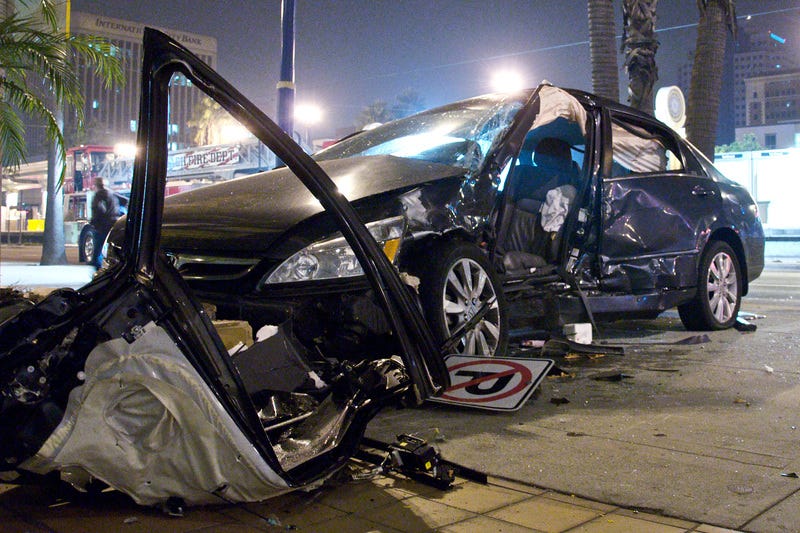Mobility Matters Daily #426 - Road Closures and Fooled by Randomness
Good day my good friend.
I see from my followers that many of you are in London. Good luck with the Tube strikes today. If you are travelling around Zone 1, I highly recommend adding some extra time and walking to where you need to go. While Central London is busy and polluted, it is surprisingly beautiful. Or you can try Geocaching, which is a brilliant way to explore the city.
If you have any suggestions for interesting news items or bits of research to include in this newsletter, you can email me. I know that plenty of you have suggested articles - I will get to them soon!
James
We’ve got to talk about the narrative around road closures
Rant time. The common narrative around road closures is all kinds of messed up, and reflects the prominance that we give the car over even the value of human life. Following recent protests by Just Stop Oil over the M25, the narrative around it has not been the cause, but on how people have missed funerals. Much to the rage of many political commentators. I have no doubt there is a big human interest story here, and I really don’t want to tell journalists how to do their job. But this sticks in my throat.
Roads are closed all the time. People miss funerals, hospital appointments, deliveries are late every single day. And what is the narrative? “Car crash closes road.” Some discourse analysis has indicated that there is a significant ‘othering’ when it comes to non-car users of roads in the media. Even the National Union of Journalists backed reporting guidelines on road collisions, stating obvious things like ‘don’t call it an accident.’ We need to urgently change this whole attitude around reporting from drivers being innocent victims (mostly) to one that explains the facts of what is happening.

Traffic data gets fooled by randomness
In case you don’t know what fooled by randomness is, its a central thesis of Nassim Taleb that we are often unaware that things happening by chance exists, and we do not consider their impacts appropriately. In other words, we assume everything is going to go well because of our own biases, and we don’t plan for when it goes wrong. Its a decent critique of how we plan, but could it also explain (partly) how sensitive our data is to major system changes? Specifically traffic data.
This study that I highly enjoyed reading by the Texas A&M Transportation Institute looked at the sensitivity of travel reliability measures as a result of unexpected changes. What they found was that the measures used did not fully capture the levels of observed benefits from different systems changes, partly because many of the experienced benefits were random. Maybe, in measuring impact, we should add a randomness factor to it!

Random things
These links are meant to make you think about the things that affect our world in transport, and not just think about transport itself. I hope that you enjoy them.
Birds fall to Earth from Delhi's toxic skies. Two brothers are there to save them (NPR)
All Fair in War: A History of Military Deception (BBC Radio 4)
Keeping the score (Aeon)
Learning lessons from dependency on a hostile power (Asia Times)
Weird cars are becoming the new normal (The Verge)
Something interesting
Yeah, there is probably a load of carbon emissions involved in this activity. But sometimes, you just have to wonder at the sheer engineering marvel of it all. I mean, a pick-up truck towing a space shuttle? Come on!!
If you do nothing else today, then do this
Slightly transport related this one, but an amazing resource that I have always used to understand the world is the CIA World Factbook. It even has data on every single country’s transport network in one handy reference. If you ignore their role in numerous military coos over the years (*gun clicks*), I mean virtuous actions in pursuit of liberty and freedom in which they played no part whatsoever, you might enjoy it.



